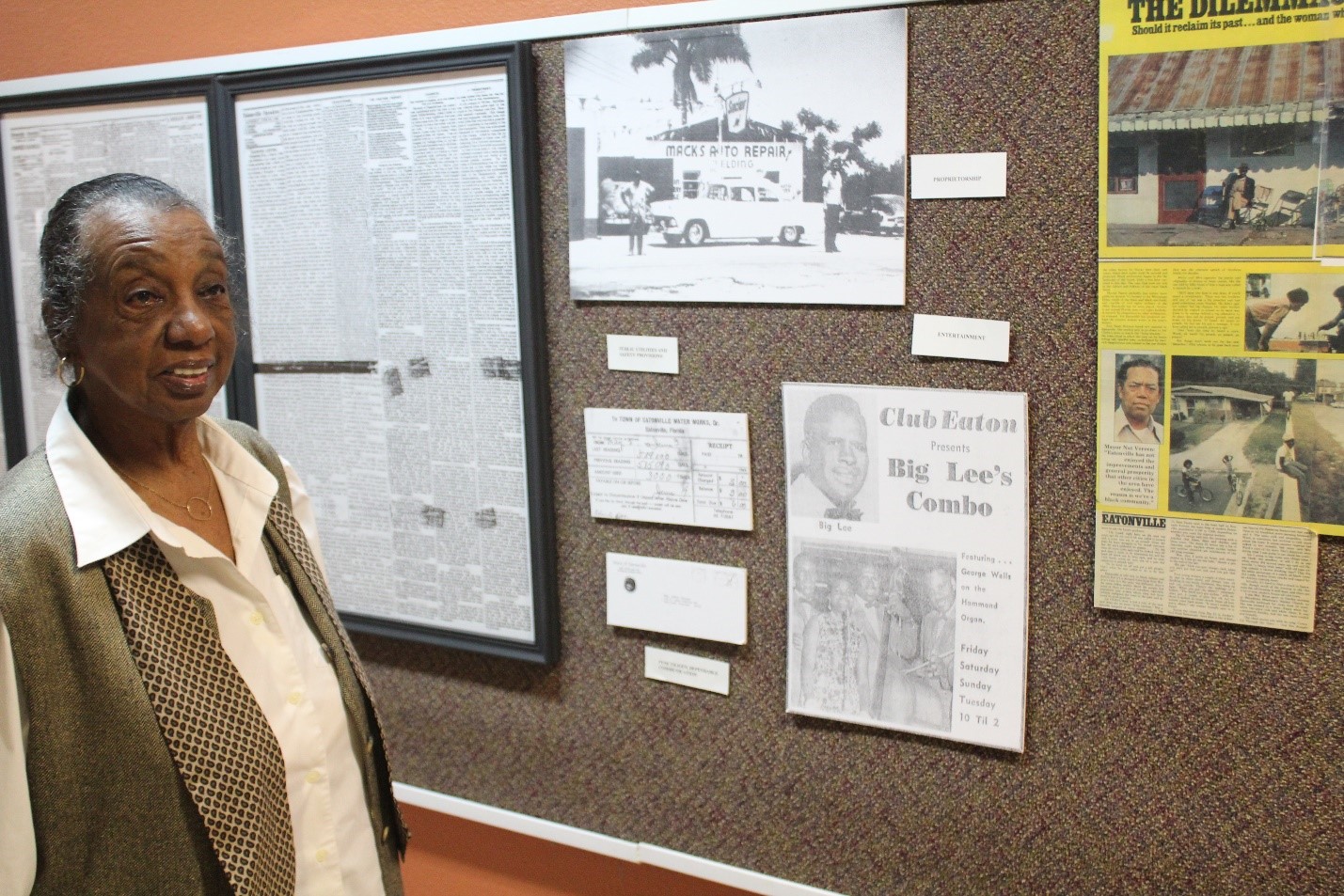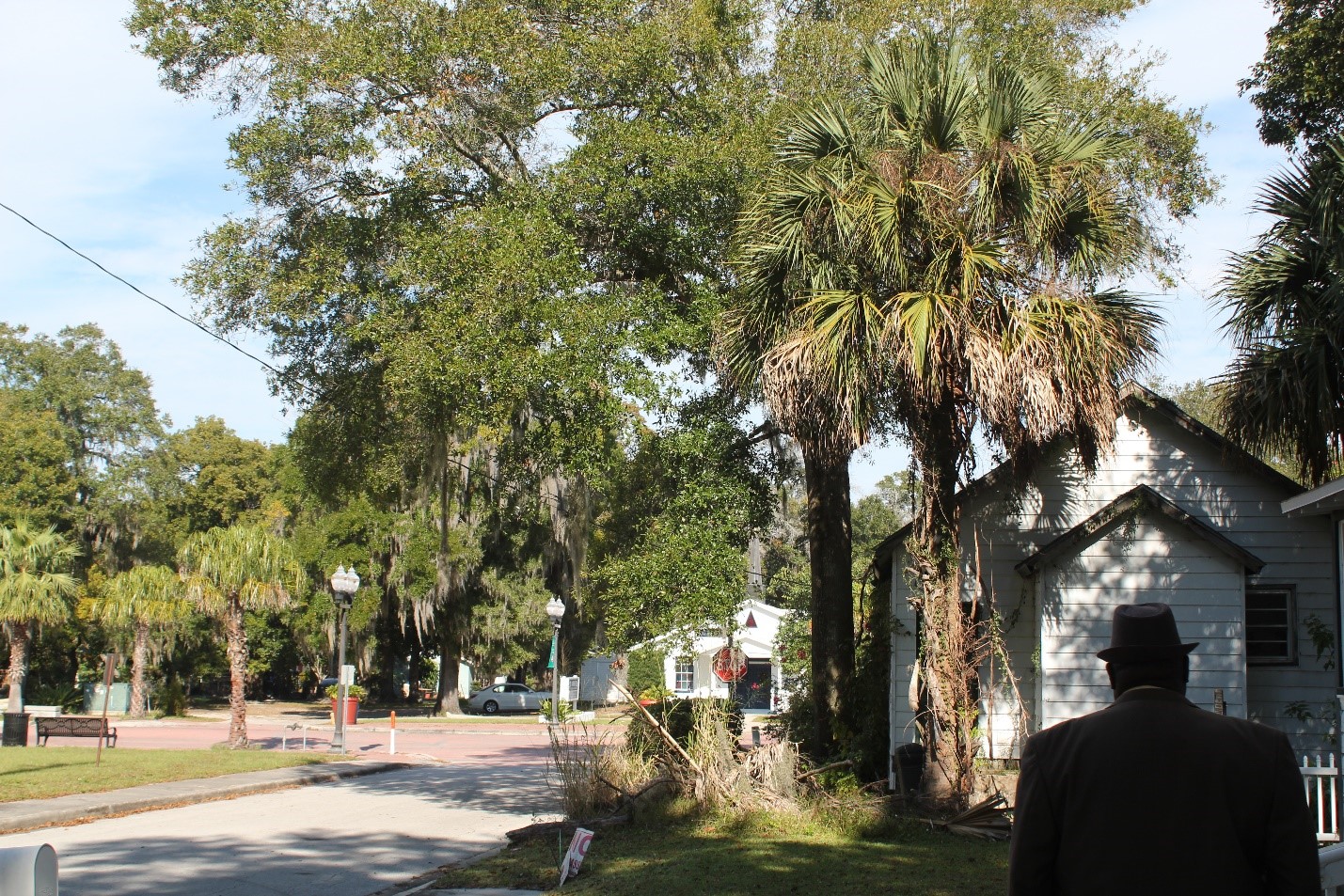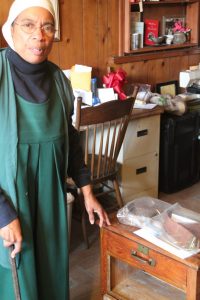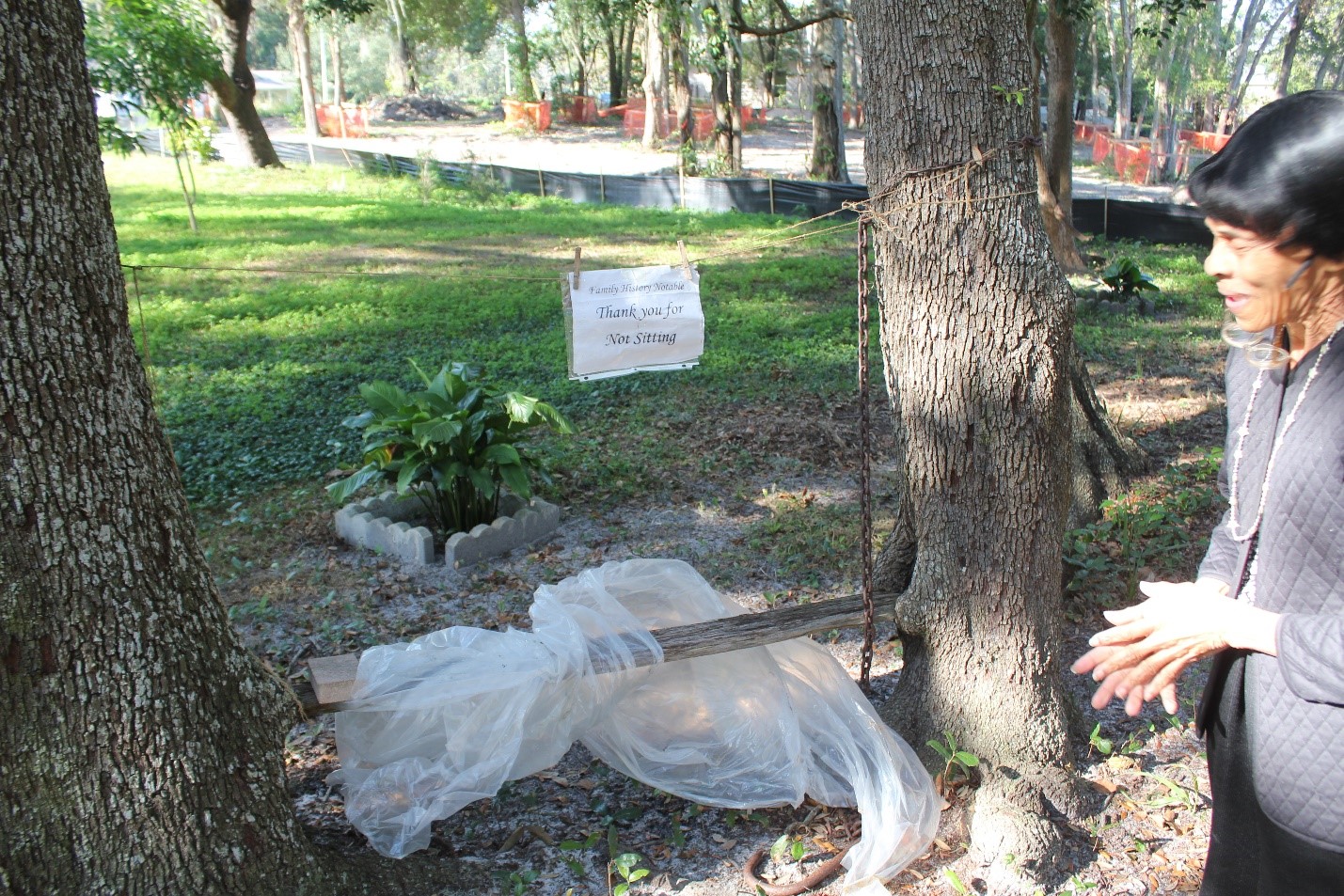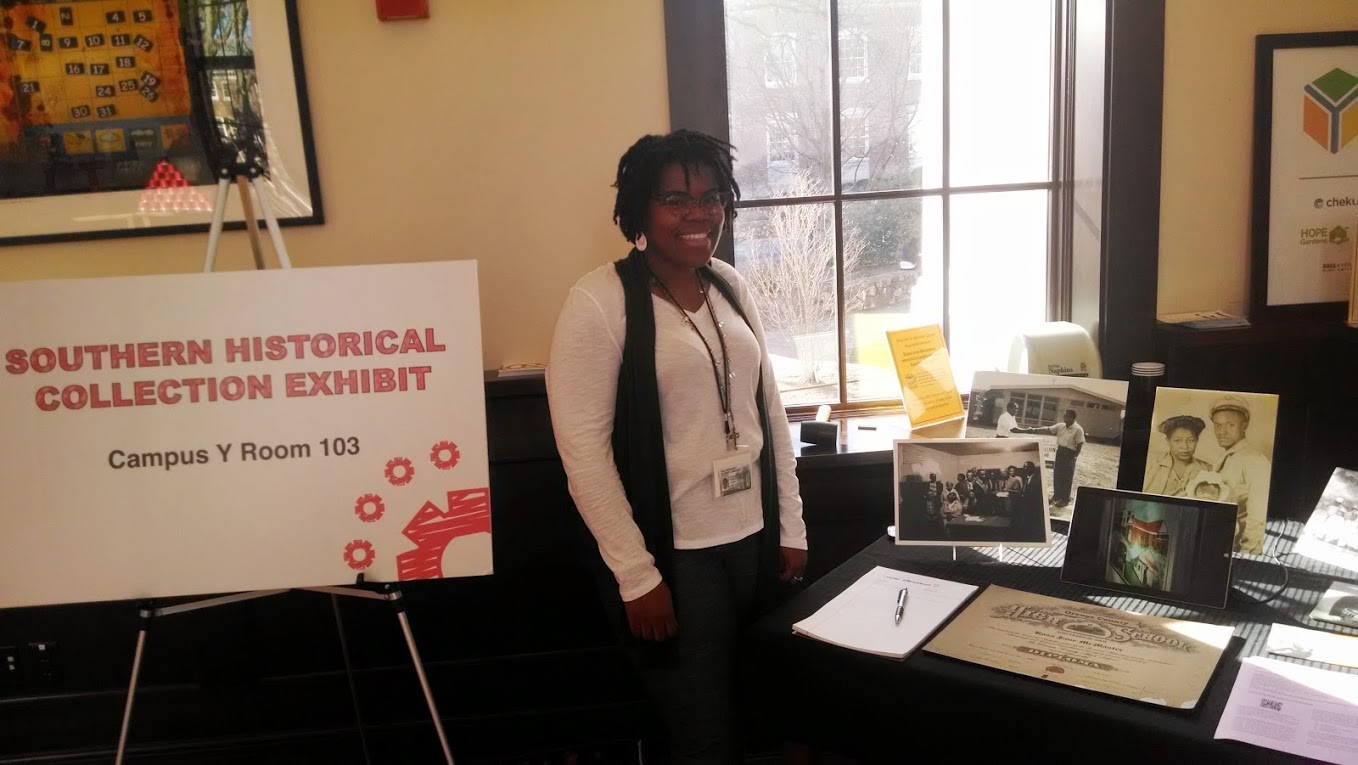 Throughout the harrowing challenges of 2020, our Community-Driven Archives Team has been in conversation with our Archival Seedlings program collaborators about the shifting needs and scope of their projects. We recognized early on that due to capacity challenges posed for folks juggling their archival projects with paid work, family life, and other commitments, all while facing the many challenges presented by the COVID-19 pandemic, Seedlings needed tools, digital resources, and support for some of the especially time-consuming aspects of their work.
Throughout the harrowing challenges of 2020, our Community-Driven Archives Team has been in conversation with our Archival Seedlings program collaborators about the shifting needs and scope of their projects. We recognized early on that due to capacity challenges posed for folks juggling their archival projects with paid work, family life, and other commitments, all while facing the many challenges presented by the COVID-19 pandemic, Seedlings needed tools, digital resources, and support for some of the especially time-consuming aspects of their work.
Here are some ways our collaboration with Seedlings participants got creative this year to resource local history initiatives with the support of our grant funds:
- We worked with William Isom, II to hire a Black in Appalachia volunteer to transcribe over two dozen video interviews with alumni and friends of Swift Memorial Institute, a former historic African-American college in Rogersville, TN, for a history project in collaboration with the Swift Museum.
- We helped the Tuskegee History Center in Tuskegee, AL join the Association of African American Museums so the community museum’s director, Deborah Gray, could receive online support during the COVID-19 crisis.
- We hired a local-area videographer to film interviews with eight local elders about their life histories through Phyllis Miller’s project in Grambling, Louisiana.
- We connected Lisa Withers and Amber Amberson to web hosting services for their digital collections. They have each decided to start an online archive to ensure community use and access of collections outside of predominately white museums, archives, and historical societies. Lisa’s project focuses on descendant communities of former North Carolina Green Book sites, and Amber is documenting locals’ memories in the small historically Black town of Smithville, Texas.
- We worked with D.L. Grant to caption video interviews on Zoom with descendants of Prudence Curry, the first director of the historically African-American George Washington Carver Branch Library in San Antonio, TX, and with Sylvia Stanback to caption her Zoom interview with a relative about their family’s chapter of Greensboro, NC Black history during the Reconstruction and Jim Crow eras.
- We worked with Whitney Peckman and her local collaborators to share her documentary video about the former historic African-American Dunbar School in East Spencer, NC with the greater community through a viewing station in East Spencer Town Hall.
Learn more about Archival Seedlings and check out some of the tools and resources that we created for the program on our website.
For more about the Archival Seedlings program on the Southern Sources blog:
Archival Seedlings: Resourcing Local Collaborators Across the American South
The Community-Driven Archives Project at UNC-Chapel Hill is supported by a grant from the Andrew W. Mellon Foundation.
Follow us on Twitter @SoHistColl_1930 #CommunityDrivenArchives #CDAT #SHC

